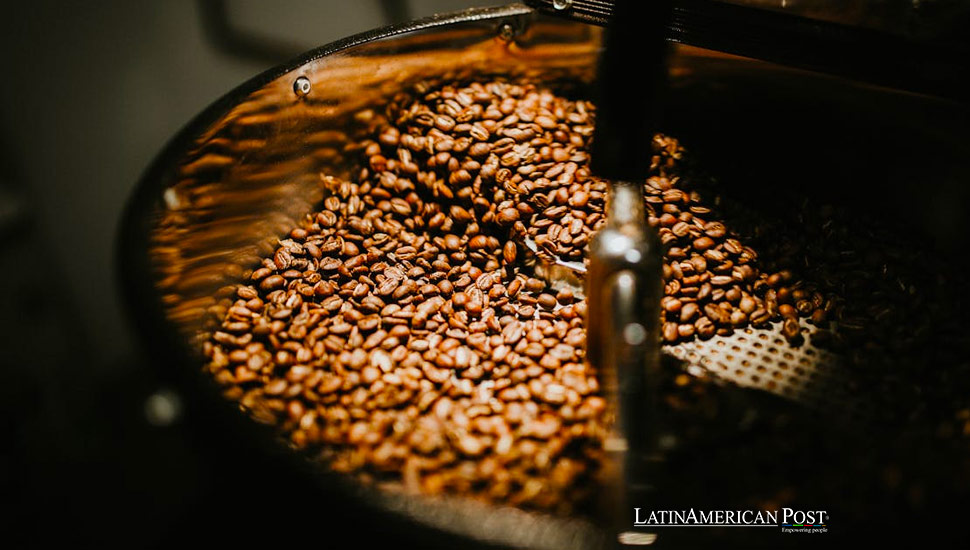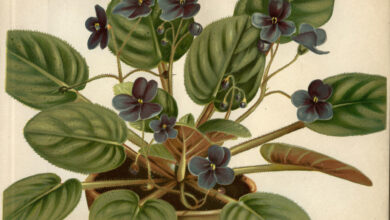Science Unlocks Arabica Genome Boosting Latin America’s Coffee Crop Resilience

Scientists have achieved a significant breakthrough by decoding the high-quality genome of the world’s most popular coffee, Arabica, which promises advances in crop resilience against climate change. Countries like Brazil, Colombia, and Guatemala, leading producers of Arabica, stand to benefit immensely from insights into genetic diversity and resistance traits.
In an era where climate change is an omnipresent threat, the agricultural sector urgently seeks ways to adapt and survive. A groundbreaking study published in Nature Genetics reveals that a team of international scientists has successfully sequenced the highest-quality genome of Arabica coffee. This achievement sheds light on the evolutionary history of this globally cherished crop and sets the stage for developing strains that can withstand the climatic challenges ahead.
Unveiling Arabica’s Ancient Origins
The study, co-led by the University of Buffalo, traces the origins of Coffea arabica back more than 600,000 years to the forests of Ethiopia. Here, Arabica first emerged through natural hybridization between Coffea canephora and Coffea eugenioides. Over millennia, this plant species adapted to various global climatic events and eventually cultivated in Ethiopia and Yemen before spreading worldwide.
Victor Albert, a professor at the University of Buffalo and co-author of the study, emphasizes the significance of their genomic work. By analyzing DNA from contemporary plants, researchers could reconstruct a detailed lineage and relationship network among the varieties of Arabica grown today. This kind of genomic mapping is crucial as it allows for a retrospective journey into the coffee plant’s survival and adaptation strategies through ancient climatic fluctuations.
The research team employed cutting-edge DNA sequencing and advanced data science to sequence 39 varieties of Arabica, including a specimen from the 18th century that Swedish naturalist Carl Linnaeus used to name the species formally. This comprehensive approach has resulted in a reference genome that is now publicly available, providing a valuable resource for further scientific inquiry and agricultural development.
The implications of this study are particularly significant for Latin America, a region synonymous with coffee production and deeply affected by climate variability. Countries like Brazil, Colombia, and Guatemala, leading producers of Arabica, stand to benefit immensely from insights into genetic diversity and resistance traits.
Harnessing Nature’s Defense Mechanisms
For instance, the study highlighted the Timor variety, a spontaneous hybrid between Arabica and its more disease-resistant relative, Coffea canephora (commonly known as Robusta). This variety, originating from Southeast Asia, has inherited robust pathogen defense genes from Robusta, showcasing a natural precedent for enhancing Arabica’s resilience through genetic insights.
This genetic fortification is increasingly critical as Latin America faces unprecedented climatic stressors that threaten coffee crops. Prolonged droughts, erratic rainfall, and rising temperatures can devastate Arabica plantations, which are particularly sensitive to climate fluctuations. By harnessing the genetic toolkit provided by the new Arabica genome, breeders can develop new varieties that are better equipped to cope with these changes.
Moreover, the study also offers a window into Arabica’s geographic spread and cultivation history, highlighting how different varieties have adapted to distinct environments. This is crucial for understanding how plants might respond to future climatic conditions. For example, the clear geographic division in wild and cultivated varieties around the Great Rift Valley, from Southeast Africa to Asia, underscores the adaptability of Arabica coffee.
Such research is pivotal as it supports the coffee industry’s sustainable development goals. By identifying and promoting genetically diverse coffee plants, the sector can reduce its reliance on a narrow range of commercial cultivars, thereby enhancing ecosystem health and crop sustainability.
The genetic insights gained also have profound implications for preserving cultural heritage in coffee-producing regions. For many communities in Latin America, coffee is not just an agricultural product but a cultural icon deeply embedded in the social fabric. Thus, protecting the genetic diversity of Arabica also preserves the cultural diversity associated with its cultivation and consumption.
A Beacon of Hope for the Future
The sequencing of the Arabica genome is a testament to the power of modern science to aid in the preservation and enhancement of one of the world’s most beloved beverages. As Latin America continues to face the dual challenges of maintaining its coffee heritage and adapting to a changing climate, the insights from this study offer a beacon of hope.
Also read: 5G Development in Costa Rica: A Geopolitical Tech Tug-of-War
This landmark research advances our understanding of Arabica coffee and equips coffee-producing nations with the tools to future-proof their crops. As the planet warms and growing conditions shift, the coffee industry’s ability to innovate and adapt will be crucial. Thanks to the global scientific community’s efforts, coffee lovers worldwide can look forward to enjoying their favorite brew for generations to come, knowing that it is cultivated on a foundation of resilience and deep ecological understanding.





